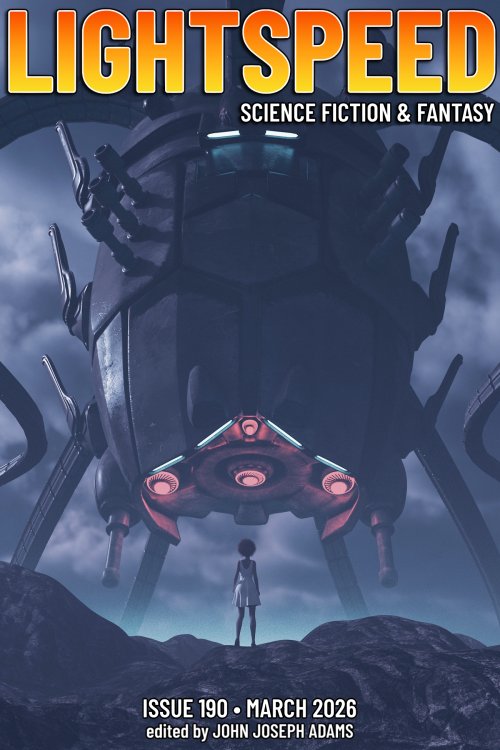Author Spotlight
Author Spotlight: Keffy R.M. Kehrli
I am a terrible person who enjoys schadenfreude pie more than almost anyone else I know. People say that the internet runs on cats or porn, but I feel this is inaccurate. Beneath the layers of pornography, cats, and pornographic cats, the internet really runs on schadenfreude. This story came from reading the now-defunct Regretsy site and browsing spectacular crowdfunding failures for far too many hours. I also felt like crowdfunding has been ubiquitous for the past three years and wanted to poke at it a little bit.









